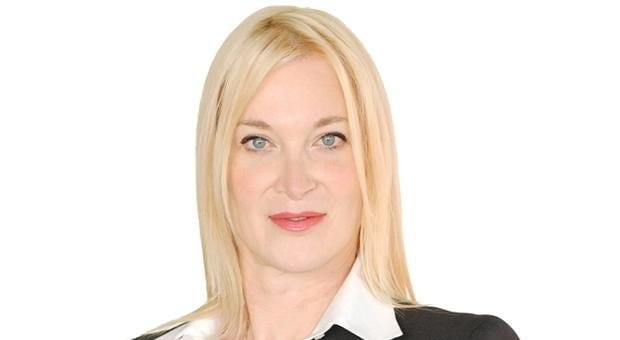The Montreal mayoral race is headed for the home stretch, but as voters take to the polls on Nov 3, the ballots distributed in the city’s De Lorimier district will arrive one candidate shy — but the reason behind the late change really depends on who you ask.
City councillor candidate Bibiane Bovet was dropped from Mélanie Joly’s Vrai Changement pour Montreal party on Oct 21. When addressing media, Joly said her decision to let Bovet go was because Bovet was under investigation by Quebec’s Autorité des marchés financiers (AMF), the body mandated by the province to regulate the province’s financial markets.
But if you ask Bovet, she believes the reason she was dismissed from the party was much more personal. “I was eliminated from the party because I am transgender,” she says. “And that there was too much heat for [the party] to handle.”
Since the announcement was made less than 30 days from voting day, rules state that it is too late for Bovet to register to run independently.
Bovet was launched into the media spotlight a few days prior to Joly’s announcement, following a La Presse front-page exclusive.
The article revealed that Bovet has had multiple names and once worked in the sex trade. Subsequently, questions were raised regarding whether she had collected taxes for the work she did. In the article, Bovet was quoted as saying that she had worked in the sex trade to be able to afford her transition.
Immediately following the article’s publication, Joly publicly declared her own and her entire team’s support of Bovet. But, once word came out that her candidate was potentially under investigation, Joly withdrew her support.
Bovet denies that she is under investigation and believes that the AMF is simply “looking into” her case, following prodding calls from the media. But, she said that if they were to investigate, she’s done nothing wrong.
Despite Bovet’s reaction, other members of Joly’s party believe that there was no foul play involved on the party’s behalf. “I think that people were really able to draw the line between different issues,” says Francis Salvadori, who is running for a city councillor position with Joly’s party in Ville-Marie.
“Myself and my contacts within the the LGBT community seem to agree that the difference was duly noted and that the party’s issue had nothing to do with the fact that Mme Bovet was trans or worked as an escort — but because she was under investigation by the AMF.”
While Joly was unable for comment on Bovet’s allegations that she was dropped because of her sexuality, Frédérique Lepage, Joly’s director of communications, responded to questions on her behalf.
“There is absolutely no truth to that whatsoever,” he writes in an email response to Daily Xtra. “We made Bibiane a candidate with complete knowledge of the fact that she was transgendered and we wish it had worked out better — we acted with her the same way we would have for any other candidate.”
Lepage also points out that Joly had repeatedly defended Bovet’s gender identity and her work as an escort with the media.
Bovet believes that she was unfairly scrutinized by the media, saying that it destroyed not only her life, but her political career vis-à-vis the elections.
Steve Faguy, a Montreal media critic who writes the Fagstein blog, agrees that had the La Presse article never been written, Bovet likely would still be a candidate in the running. That said, he doesn’t think the game-changing article was out of line.
“She’s running for office, so she’s certainly a newsworthy figure,” he says, noting that had it not been La Presse that looked into Bovet’s past, somebody else easily could have to a similar end.
“This is not stuff she was hiding,” he says. “If you go back into her Twitter feed you can see a lot of things that should have sparked a lot of questions.”
Faguy also believes that the way the media handled Bovet’s gender was fair.
“It’s one of those things that everyone’s going to think about it and say it to themselves,” he says. “She wasn’t hiding it, and it was sort of relevant to why she was doing what she was doing — so you don’t want to play up something for sensationalistic value, but it is sort of also relevant.”
Faguy adds that it was Bovet’s work history, rather than the fact that she is trans, that took precedence in most coverage. Salvadori agrees that the article was fair.
“I think the La Presse article was very factual and it addressed the situation from a factual standpoint, “ he says. “So in that way, it was good media coverage.”
Lepage says that while some media perhaps sensationalized the fact that Bovet is trans, the majority of the focus was on her history as an escort.
But, he reiterates, “It’s only because of the AMF inquiry that we felt, that for the sake of transparency, we had to let her go.”

 Why you can trust Xtra
Why you can trust Xtra


